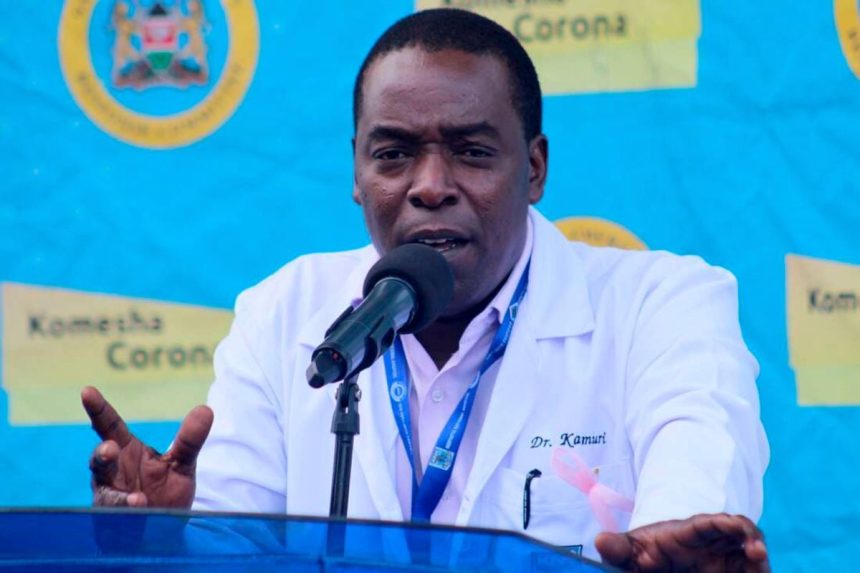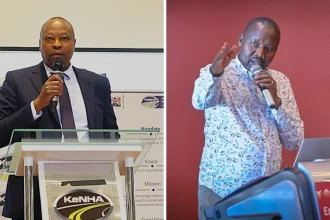The sudden sacking of Dr. Evanson Kamuri as Kenyatta National Hospital (KNH) CEO is raising more questions than answers, with evidence pointing to a cartel-driven plot inside the Ministry of Health.
Sources close to the matter reveal that Dr. Kamuri’s removal was not about performance or retirement, but about paving the way for irregular supply of medical equipment.
The Sh400 Million Oxygen Plant Mystery
The Ministry of Health procured an oxygen plant worth Sh400 million, yet KNH — the hospital where the plant was installed — was not involved in the procurement process. Dr. Kamuri and the KNH management were sidelined, despite being the end users.
Whistleblowers allege that the deal is structured through a Fixed Fee Contract (FFC) — a mechanism that allows suppliers to deliver equipment at inflated costs without accountability. “This is a cover-up,” a source familiar with the procurement chain told us.
Why the Rush?
Dr. Kamuri had reached retirement age and was due to proceed on terminal leave in October. However, his abrupt dismissal in advance appears linked to a scheme to fast-track the irregular equipment supply. By forcing him out early, cartels ensure no resistance from the KNH leadership.
Cartels in Control
At the heart of the scandal are Ministry of Health insiders keen on bypassing normal procurement safeguards. Their goal: to control the lucrative equipment supply chain at KNH. With Kamuri out of the way, the path is clear for questionable contracts worth billions to be signed off.
The Bigger Picture
This exposé lays bare how state hospitals are being captured by procurement cartels, where equipment worth hundreds of millions is supplied without hospital involvement, oversight, or accountability.
The timing of Kamuri’s removal, the secrecy of the Sh400 million oxygen plant procurement, and the push for Fixed Fee Contracts all point to one conclusion: his sacking is less about retirement and more about clearing the way for corruption at the heart of Kenya’s biggest referral hospital.



